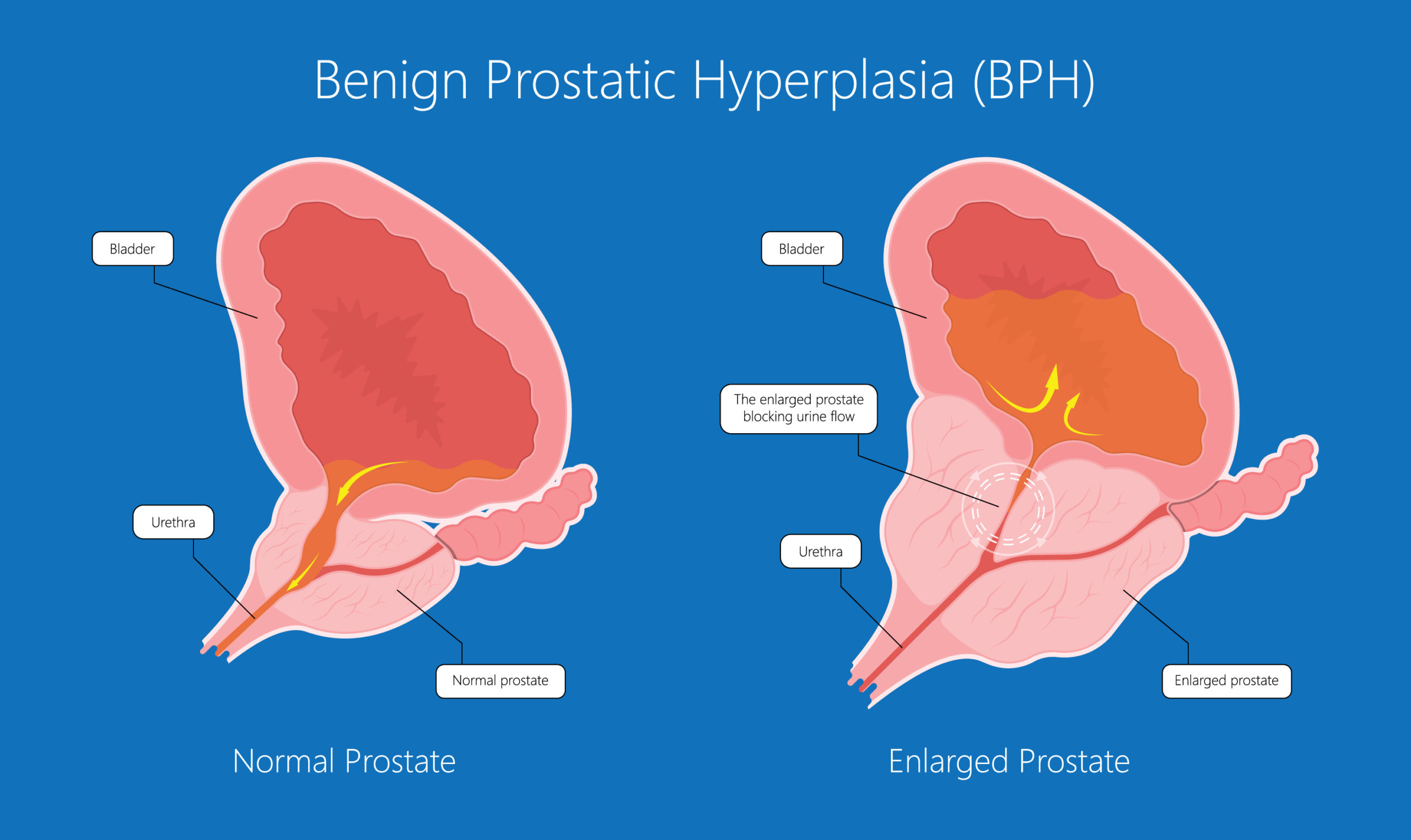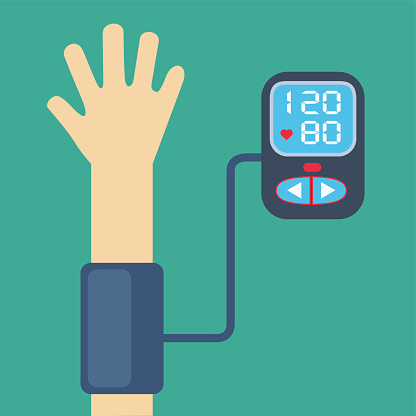
HCG: A remarkable hormone for a thinner, firmer body
November 28th, 2016HCG: A remarkable hormone for a thinner, firmer body
By Dr. Richard Lippman
On a dark and wintry evening in far away Sweden, a former Parisian fashion model stumbled in the doorway of a fashionable hotel. The doorman repeatedly asked her several simple questions, but received no response. Lethargy and mental fog had descended upon her like a shroud upon a corpse.
Gallantly, I stepped forward to help this pretty woman who was so obviously in distress. She was confused and somewhat panicky. I grabbed her white-knuckled hands to steady her, and they felt like icicles. Gazing at her angelic face, I noticed that she had gained weight since her modeling days. Her hair was thin, dull and flat on the top of her head. Her eyebrows were missing their outer third and her arms and face were swollen. All of these were clear signs of obesity and untreated hypothyroidism.
Finally, I recognized a sign of alertness in her blue eyes as she started to warm up inside the hotel. She spoke haltingly and from her garbled speech I gathered that she had just completed a two-hour winter promenade through the chilling fall winds of Stockholm, Sweden.
A flicker of light in her soft blue eyes told me that she was sufficiently cognizant to hold a conversation. I again steadied her arm and asked in my best Swedish how long she had suffered from weight gain and hypothyroidism. She confessed to a five-year struggle with multiple signs and symptoms of low thyroid and weight gain. This reminded me of an often-cited article from a 1957 issue of the, Journal of the American Medical Association (1), that reported weight gain and untreated hypothyroidism in 40% of Mid-western women; and to the present day, physicians are not treating it as a hormone problem!
I introduced myself as Dr. Lippman, noted inventor of the nicotine patch that has saved millions of lives. I politely inquired if I could briefly examine her, given her symptoms. She agreed. So in a private room adjacent to the hotel lobby, I asked her to remove her shoes and socks and kneel on an armchair while holding the back of the chair. She complied, and I proceeded to gently tap the backs of her dangling ankles with a butter knife. I tapped her Achilles tendons several times, but she lacked a normal jerking reflex. Her calves and ankles were clearly swollen and her feet were flat and yellowing on their bottoms.
These signs were further confirmation of her untreated hypothyroidism and accompanying weight gain. Biochemically, she was overeating and not clearing cellular waste products, especially in her jowls
Also, lack of exercise and slow metabolism were causing waste accumulation between her cells and thus, her puffy appearance. In addition, she had acquired visceral fat on her stomach and subcutaneous fat on other body parts, especially on her triceps and biceps.
These changes were certainly caused by biochemical imbalances involving several hormones, but the question remained: How could she lose those unwanted pounds and become healthy again?
The HCG Diet and the Remarkable Dr. Albert Simeons
Figure 3: Albert Simeons, M.D., from the United Kingdom who developed a weight loss program with HCG. It was designed to lose significant visceral and subcutaneous fat within a 40-day period.
I explained to her that other hormones besides those in her thyroid were involved in weight gain and weight loss. Using the hormone HCG in his clinic in the United Kingdom, Dr. Simeons developed a remarkable weight-loss program during the ‘50s and ‘60s (2)
He reasoned that pregnant women developed healthy babies even when deprived of food because they easily burned their own body fat. They burned this visceral and subcutaneous fat with the help of the all-natural hormone HCG, or human chorionic gonadotropin.
Pregnant women naturally release HCG and it directs the body to metabolize stored fat. With this idea in mind, Dr. Simeons developed a weight-loss program combing HCG with a low-calorie diet. This diet even worked for men. His clinical double-blind studies in England showed that during a 30 to 40-day period, women lost on average 25 to 40 pounds (11-18 Kg.), and men lost on average 35 to 47 pounds (19-21 Kg.)! (2)
Dr. Simeons created his research manual, entitled Pounds and Inches (2), which focused on the use of HCG as a weight-loss solution. He discovered that HCG alone did not cause weight loss. On the other hand, if used in combination with a low-calorie diet and mild exercise, significant weight loss would occur. What could be simpler, I thought.
He also found his diet lacked side-effects such as starvation symptoms, headaches, weakness, irritability and hunger pains as long as patients combined HCG with a low-calorie diet of approximately 500 calories daily. Later researchers found that increasing the daily calorie intake to about 1,000 calories also worked well (3).
Other clinical double-blind studies with HCG have supported Dr. Simeons with impressive results. Under the care of Dr. Frank, the U.S. Army tested HCG in 27 men and 21 women using a 1,030-calorie diet. The mean weight loss of the group was 12.3 pounds (6 Kg.) during a one-month period (3).
In an extensive and detailed weight-loss study in 1973, Doctors Asher and Harper conducted a six-week clinical double-blind study with 40 patients on a 500–550 calorie diet during a six-week period (4). Results showed that the mean weight loss was just under 20 pounds. Of this group, 15 HCG patients lost 15 pounds (6.8 Kg.) or more. Furthermore, just over three-quarters of all HCG patients said that they had little or no hunger and more than 86 percent felt ‘good’ or ‘excellent’ about the outcome of the diet. Lastly, another positive effect was that the HCG patients’ systolic and diastolic blood pressures decreased by an average of about 5mm.
In 1987 in Germany, Dr. Rabe and colleagues conducted a clinical double-blind study of 82 volunteers using a 500-calorie daily diet for 28 days. They found that all groups studied showed weight loss. Especially interesting was the fact that all groups experienced hunger sensations during the first week, but these sensations subsided during subsequent weeks (5). Only two volunteers experienced side-effects such as severe headaches. The success of the diet was also based on good information and the motivation of the volunteers.
In 1990 in South Africa, Dr. Bosch and coworkers found significant weight loss during a 30-day trial in a double-blind, placebo-controlled experiment (6).
HCG Administered by Nasal Spray and Not by Injection
In all of the above clinical trials, HCG was administered by injection. Later, researchers at the Riordan Clinic used a nasal spray and achieved the same results without the pain of injection (7). The Riordan Clinic in Wichita, Kansas is an excellent weight-loss clinic that has been using nasal-spray HCG since 1975 (Figure 4). Those patients with the time and money to travel to Kansas might want to try the Riordan Clinic’s health and weight-loss program.
Fortunately for most of us, however, we don’t have to travel to Kansas to obtain the benefits of the Riordan Clinic and Dr. Simeons. We merely need to obtain a HCG nasal spray (HCG-Pro™) and a little thyroid (Nature® or ERFA® ½-grain dose) from the good folks at International Antiaging Systems (IAS).
My Swedish Story Continues: Several Vital Hormones Lost to Aging Are Responsible for Weight Gain
Eventually, my patient in Sweden regained the color in her cheeks within the warm and cheery atmosphere of the hotel. With a weak and rasping Piaf-like voice, she asked me for my diagnosis. I kindly responded that she would need to correct several vital hormones, namely HCG (with HCG-Pro™) and a natural thyroid (Nature® or ERFA® ½-grain doses). She would also need to switch to a diet with more protein and less carbs and combine these sensible remedies with a minimum of three-time weekly exercise.
I waited a bit to allow her to regain her composure. Then, she warmly smiled at me. Finally, she asked me why her local doctor hadn’t recognized her signs and symptoms. I responded that, unfortunately, identifying hormone deficiencies requires special knowledge not taught in today’s medical schools. For many years, Dr. Thierry Hertoghe of the Hertoghe School of Medicine in Brussels, Belgium mentored me and many other American and Swedish physicians. Indeed, many Swedish and American doctors know of his methods and his books (8), but it takes years of personal training to implement them. And then, of course, some of the special medications he uses are not easily available in Europe or the USA. Thus, patients and even practicing physicians utilise the services of IAS.
I also told her that obesity is now considered to be a disease and it should be taken seriously and treated. Hypothyroidism is also serious: If left untreated, it could shorten a person’s life by approximately 43%! (8)
Her jaw dropped in disbelief. She defensively told me that her doctor in Sweden, a professor of endocrinology, had had her on Synthroid® (levothyroxine) for three years. I observed that she was flustered but now mentally unfogged and fully alert. I explained that, ironically, conventional medical doctors always dogmatically and emphatically assert that their patients only require Synthroid® and they do not mention other completely natural hormones such as Nature® or ERFA®, and my personal favorite for weight loss, HCG-Pro™ spray.
“It’s a shame,” I said, “since low thyroid and overeating mean a lower quality of life. It’s an annihilating condition that transforms patients’ mental and physical shapes in undesirable ways. Lack of vital hormones also lowers a patient’s life expectancy. According to Dr. Hertoghe (8), we must use multiple hormones to correct the problems of aging and weight gain. Using only one hormone can often make matters worse.”
She thanked me for my help and promised to book an appointment at my clinic in Sweden. I was glad to put her on the road to good health.
References
- Jackson, J.H. Sept. 1957. Hypothyroidism, J. Amer. Med. Assc.,165, pp. 121-124.
- Simeons, A.T.W. Dec. 2010, Pounds & Inches: A New Approach to Obesity,
Popular Publishing, George Johnson Co., Michigan USA.
- Frank, B. W. March 1964. The Use of Chorionic Gonadotropin Hormone in the Treatment of Obesity, A Double-Blind Study. J. Clin. Nutrition, vol. 14(3), pp. 133-136.
- Asher, W. L. and Harper, H. W. Feb. 1973. Effect of human chorionic gonadotropin on weight loss, hunger, weight loss, and feeling of wellbeing. Am. J. Clin. Nutrition, vol. 26(2), pp. 211-218.
- Rabe T. et. al. Jul. 1987. Influence of Human Chorionic Gonadotropin (hCG) in Combination with a 500 calorie Diet on Clinical and Laboratory Parameters in Premenopausal women with and without Hormonal Contraception. Aktuelle Endokrinologie und Stoffwechsel, 8(3), pp. 142-149.
- Bosche, B. et. al. 1990, Human Chorionic Gonadotropin and Weight Loss, S. Afr. Med. J., 77(4), pp. 185-189.
- https://riordanclinic.org/what-we-do/weight-loss-program
- Hertoghe, T. May, 2010. The Hormone Handbook, 1st & 2nd editions, International Medical Books/Archimedial, Luxemburg








